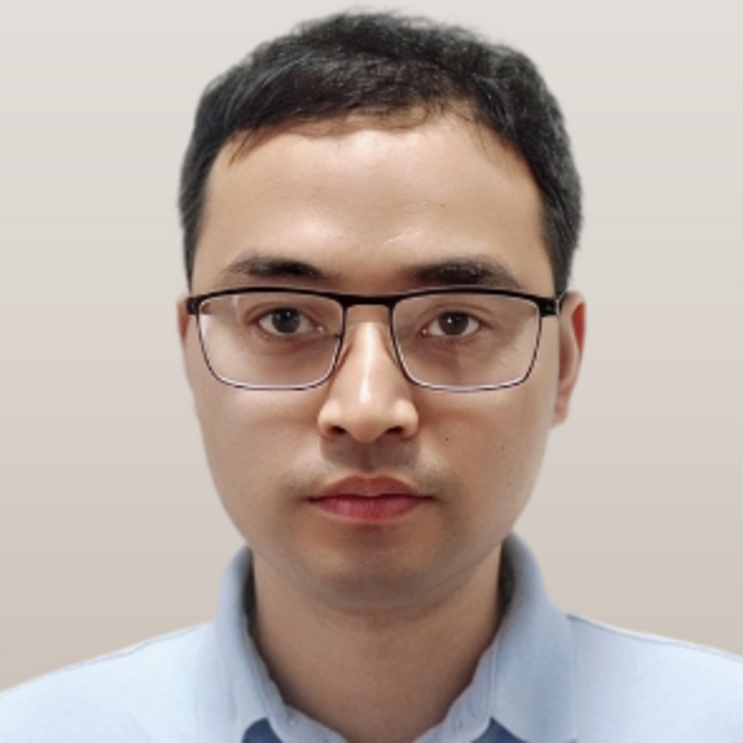Biography
Dr. Xiangjun Chen received his bachelor’s degree from Huazhong University of Science and Technology in 2012. He received Ph.D. from the Institute for Immunology in Tsinghua University in 2018 and then went to the Broad Institute of MIT and Harvard and Massachusetts General Hospital for postdoctoral training. In 2023, Dr. Chen joined Westlake University as the Principal Investigator of Infection and Mucosal Immunology Laboratory.
Research
Mucosal immunity is an important barrier to maintain homeostasis and against infections. Our lab will integrate in vivo multi-dimensional screening platform and single cell multiomics to study the impacts of tissue microenvironment on immune cell differentiation and function under diverse infection models, and offer novel concepts and drug targets in therapeutic interventions for infectious diseases and inflammatory diseases. The research interests focus on: How lymphocytes sense tissue microenvironment and communicate with neighborhoods in the tissue context to initiate specific programs for differentiation; the effects and mechanisms of tissue microenvironment sensing on the induction of long-lived humoral immune memory.
Representative Publications
1. Xiangjun Chen, Alok Jaiswal, Zachary Costliow, Paula Elizabeth Herbst, Elizabeth A. Creasey, Noriko Rapley, Mark J. Daly, Kimberly L. Carey, Daniel B. Graham, Ramnik J. Xavier#. pH sensing controls tissue inflammation by modulating metabolism and endo-lysosomal function of immune cells. Nature Immunology. (2022) 23(7):1063-1075. doi: 10.1038/s41590-022-01231-0.
2. Bing Yang*, Zhen Zhang*, Xiangjun Chen*, Xu-Yan Wang, Shishang Qin, Liaoqi Du, Changjiang Yang, Wenbo Sun, Liyu Zhu, Wenbo Sun, Yongjie Zhu, Qinwen Zheng, Shidong Zhao, Quan Wang, Long Zhao, Yilin Lin, Jinghe Huang, Fan Wu, Lu Lu, Fei Wang, Wenjie Zheng, Xiao-Hua Zhou, Xiaozhen Zhao, Ziye Wang, Sun Xiao-Lin, Yingjiang Ye, Shan Wang, Zhanguo Li, Hai Qi, Zemin Zhang, Dong-Ming Kuang, Lei Zhang, Zhanlong Shen#, Wanli Liu#. An Asian-specific variant in human IgG1 represses colorectal tumorigenesis by shaping the tumor microenvironment. The Journal of Clinical Investigation (2022) 132(6):e153454. doi: 10.1172/JCI153454. *Co-first author.
3. Xiangjun Chen, Xiaolin Sun, Wei Yang, Bing Yang, Xiaozhen Zhao, Shuting Chen, Lili He, Hui Chen, Changmei Yang, Le Xiao, Zai Chang, Jianping Guo, Jing He, Fuping Zhang, Fang Zheng, Zhibin Hu, Zhiyong Yang, Jizhong Lou, Wenjie Zheng, Hai Qi, Chenqi Xu, Hong Zhang, Hongying Shan, Xujie Zhou, Qingwen Wang, Yi Shi, Luhua Lai, Zhanguo Li#, Wanli Liu#. An autoimmune disease variant of IgG1 modulates B cell activation and differentiation. Science (2018) 362, 700-705 doi: 10.1126/science.aap9310
4. Xiangjun Chen*, Weiling Pan*, Yinqiang Sui, Hua Li, Xiaoshan Shi, Xingdong Guo, Hai Qi, Chenqi Xu#, Wanli Liu#. Acidic phospholipids govern the enhanced activation of IgG-B cell receptor. Nature Communications (2015) 6:8552 doi: 10.1038/ncomms9552. *Co-first author.
5. Munhyung Bae*, Chelsi D. Cassilly*, Xiaoxi Liu, Sung-Moo Park, Betsabeh Khoramian Tusi, Xiangjun Chen, Jaeyoung Kwon , Pavel Filipčík , Andrew Bolze , Zehua Liu , Hera Vlamakis , Daniel Graham , Sara Buhrlage, Ramnik J. Xavier#, and Jon Clardy#. Akkermansia muciniphila phospholipid induces homeostatic immune responses. Nature. (2022) 608(7921):168-173. doi: 10.1038/s41586-022-04985-7.
6. Zhengpeng Wan, Chenguang Xu*, Xiangjun Chen*, Hengyi Xie, Zongyu Li, Jing Wang, Xingyu Ji, Haodong Chen, Qinghua Ji, Samina Shaheen, Yang Xu, Fei Wang, Zhuo Tang, Ji-Shen Zheng, Wei Chen, Jizhong Lou, Wanli Liu#. PtdIns(4,5)P2 determines the threshold of mechanical force-induced B cell activation. Journal of Cell Biology (2018) 217 (7): 2565–2582. doi:10.1083/jcb.201711055 *equal contribution
Contact Us
